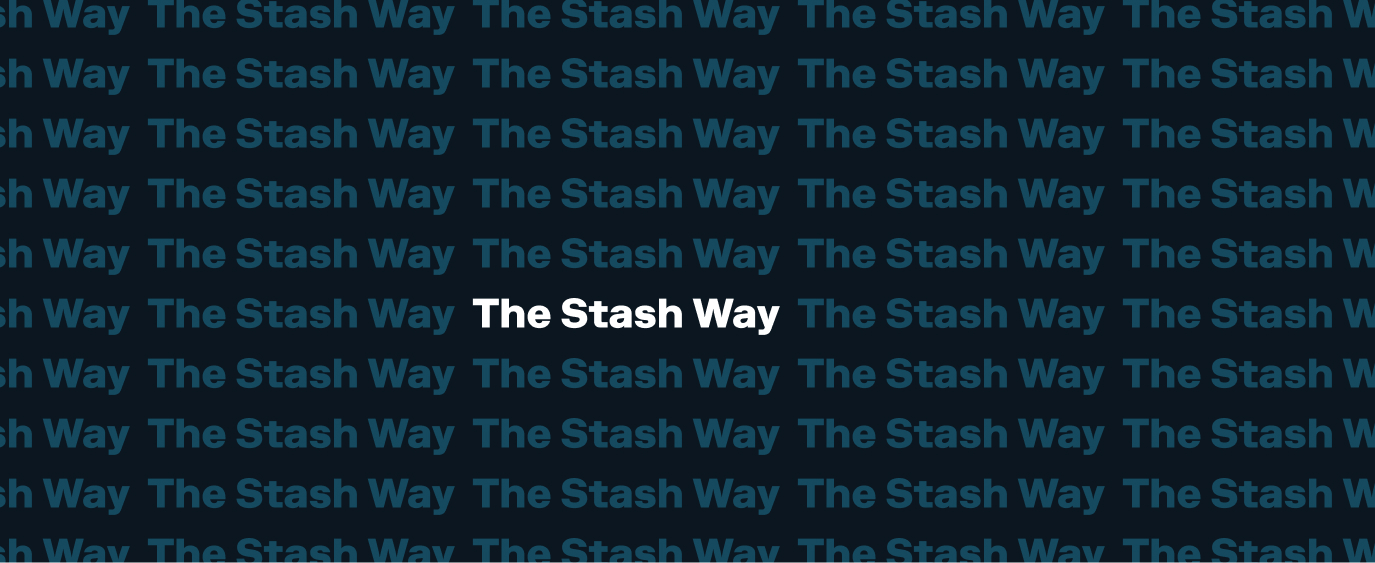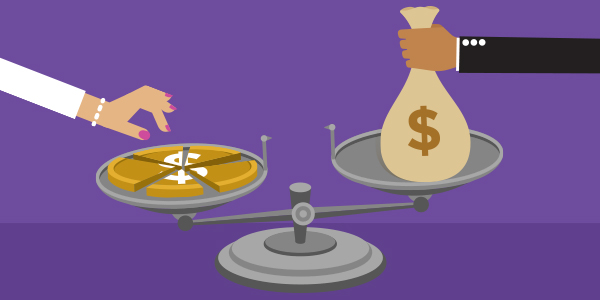-
Q. What happens to my account if Stash is acquired?
Stash plans on being around for a long time. However, if we were to be acquired, you would maintain complete control of your investment accounts. No matter what, your investments are always yours. All Stash accounts are held by our trusted partner and custodian Apex Clearing,…
-
Q. Is Stash safe?
Stash follows the highest standards for data protection. We use bank-level security, the kind used by the wider financial industry, as part of our system that keeps your data secure. Stash employs 256-bit encryption to protect all your information, from personal data to transaction history.…
-
Q. How do I refer someone?
You can refer someone to Stash through our referral bonus program. You can earn up to $1,000 in referrals! Here’s how it works: Invite friends: Send invites to your friends using your custom code or link. Track your invites: Follow your friend’s progress and send reminders along the way.…
-
Q. Why is the price that I sold my stocks at different than the price I see in the app after the trade has settled?
When you sell an investment on Stash your transaction is queued up and executed during one of our four trading windows, (two in the morning and two in the afternoon). This means that the sale price of your stocks may change because we don’t immediately sell your investment when you initiate a sale. …
-
Q. If I sold all shares of an investment, why did the value that I sold at change?
We don’t process sales of investments instantaneously. Since we’re focused on long-term trading rather than day trading, we process sales during four trading windows operated each trading day, with two in the morning and two in the afternoon. Due to this,…
-
Q. What is Portfolio Cash?
Your Portfolio Cash is the amount of money you have available to purchase investments, including single stocks and ETFs. You can also move some or all of this money to your bank account. Portfolio Cash is a combination of: Transfers you’ve made from Stash banking or your external bank account Recurring transactions to your cash balance Dividends earned on your investments that were not reinvested Funds from recently sold investments …
Didn’t find your question?
Tell us what you’re looking for, and we’ll search for resources that could help.
Ask your question

